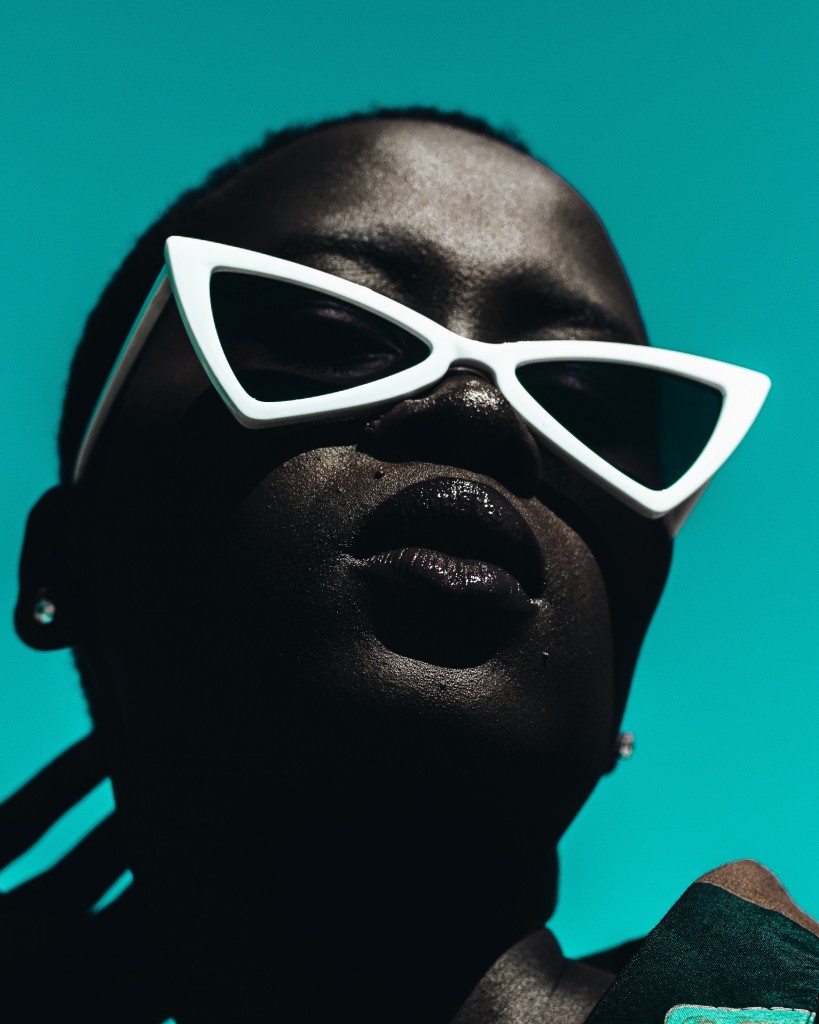I know. The title seems ignorant and at the least, redundant. I know, on the surface, it seems asinine to question the importance of Black History month. Especially as a black man. Especially as an educator. Especially since we live in a culture in which building a wall to separate individuals simply based on region, language, and identity was arguably the most invaluable platform used by the current president of the United States. But I guess my reason for the question is because I have taught in a school with a predominantly minority teaching staff and an overwhelming minority student population, and yet I have neither organized, been a part of a committee nor even been witness to any type of acknowledgement of Black History during the month of February. No grand assembly honouring the accomplishments – shoot, or the mere presence, of black people and black culture. No explicit, school-wide lessons on the matter. In three years, during the month of February at my school I haven’t heard a single announcement about Black people’s history (albeit, even in Canada). I haven’t even had to decorate my door to suit the monthly occasion. And to be brutally honest, I question whether what I did do in the past made an impact. So rather than condemn my leadership, staff, friends, and colleagues – I am simply pondering the question. Does black history month still hold meaning in 2019?
I recently watched Kevin Hart’s Guide to Black History on Netflix (and if you haven’t yet seen it, I highly recommend it). This documentary slash special is the type of learning that I was never exposed to. It is also not the type of information that I never dug deep enough to research as an adult, a black man, and an educator. Perhaps I am baring my faults too openly, but my purpose for sharing these thoughts is to have a vulnerable and candid conversation. I don’t have a PhD in African American History nor do I claim to be an expert in anything of the sort, but I pride myself on an ability to articulate anti-black pedagogy to my students on a daily basis. So pardon my arrogance on this matter – but if I didn’t really know about these essential people, I’m guessing a whole bunch of black people didn’t or don’t know about them either. And if a bunch of adults don’t know them, you can bet our kids don’t know them either.
Black History Month still holds meaning but the way we organize it within schools is getting stale. That is why I am not even upset about the fact that we have not established a grounded Black History Month program within the school I currently work in and haven’t done so for the last three years that I’ve been there. Our students know about Martin and Rosa and Muhammad and Slaves. They grew up with Michael and Barack and Oprah. But the in-between figures, the people who were exceptional without being exceptional and the stories that are a few degrees moved from the explicit torture and status of an entire identity are, I think, things we need to move towards if we do want black history month to still hold meeting in 2019 and beyond. Providing our students with the opportunity to see and experience a range of identities that have existed as far back as 100 years ago and as recent as yesterday, is perhaps the key to making meaning out of an otherwise flailing “celebration”.
[share title=”Share this Post” facebook=”true” twitter=”true” google_plus=”true”]

